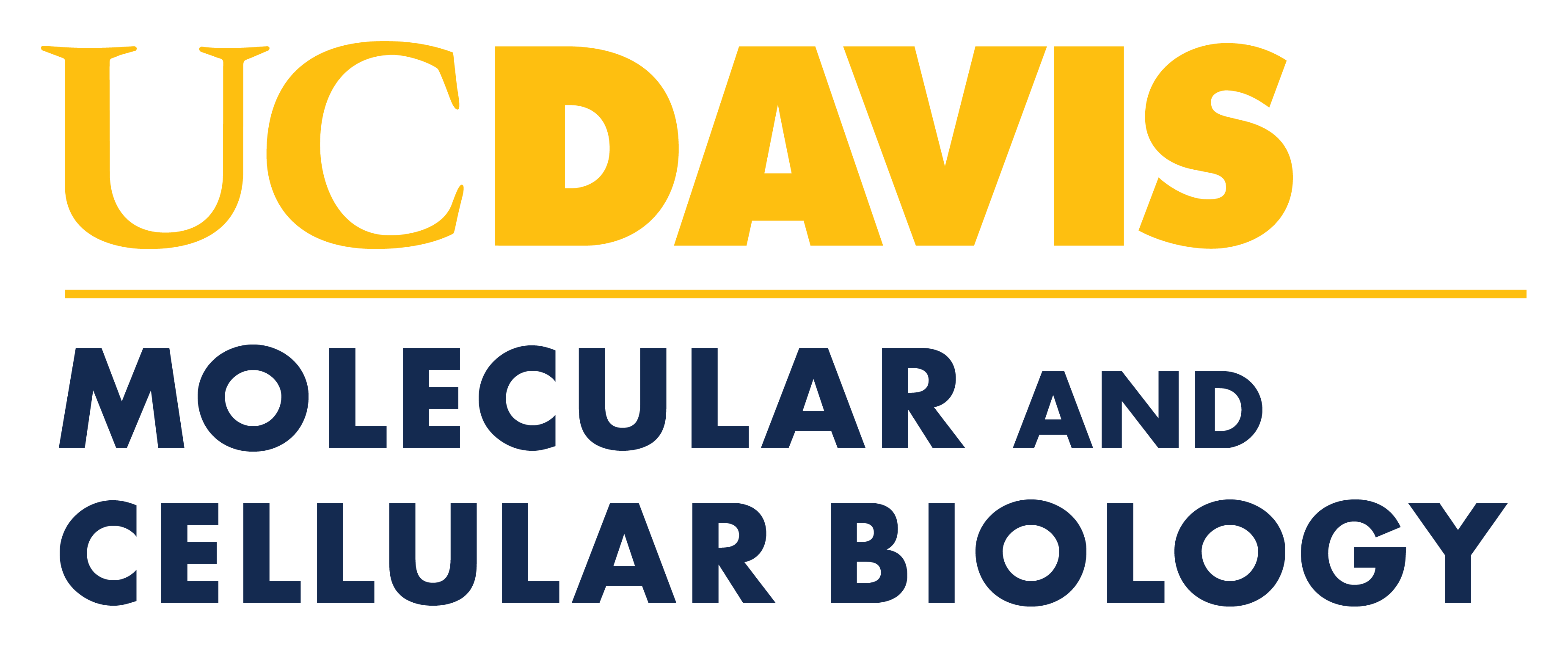Research in the Department of Molecular and Cellular Biology explores the molecular mechanisms that underlie cellular function, development, and regulation in living organisms. Key areas of study include gene expression and regulation, protein structure and function, cell signaling, membrane dynamics, and cell division. Faculty investigate how these processes contribute to development, aging, and disease in both model organisms and human systems. The department uses advanced tools in molecular biology, genetics, biochemistry, imaging, and genomics to drive discovery, with the goal of uncovering the fundamental principles that govern life and informing innovative approaches to human health and biotechnology.
Department Research Areas
Department Research Areas
Genome Expression and Function
How cells and organisms express and maintain their genetic and epigenetic information in health and disease.
Developmental Biology, Cell Signaling, and Metabolism
How cells and organisms communicate to coordinate growth, development, and environmental adaptation.
Structural Biology and Biochemistry
How protein complexes function at the atomic level to achieve their cellular function.
Cellular and Cytoskeletal Biology
How cells achieve dynamic intracellular transport, maintain cell shape, and coordinate cell division.
Computational Biology and OMICS Approaches to Biology
How to develop integrated computational approaches to understand and model dynamic biological systems.
Inclusive Practices for STEM Education
How to develop and evaluate effective strategies to enhance STEM education across diverse learner populations.

